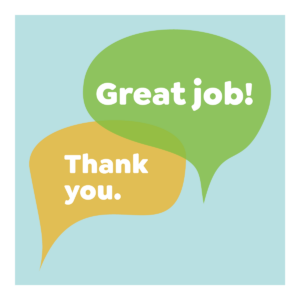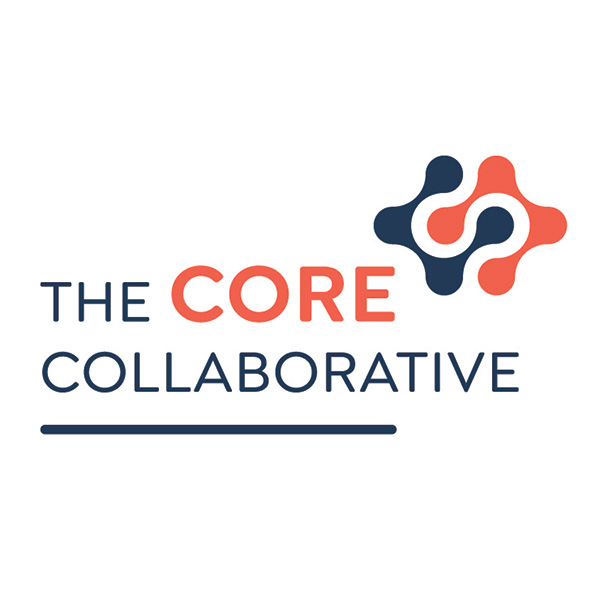Did you know that having good friends and strong relationships with teachers and other adults can help you do better in school and live a healthier, happier life? It’s true! We invite you to spend a few minutes exploring why connections and relationships are so important and how they can make a big difference in your life.
What Are Connections and Relationships?
Connections are like invisible threads that link you to the people around you. These could be your friends, family, teachers, and even classmates. Relationships are the bonds you create with these people—how you feel about them, and how they feel about you. When these bonds are strong, they help you feel supported, understood, and cared for.
Why Are Relationships Important?
Imagine you’re working on a really tough math problem. If you’re feeling frustrated, having a friend or a teacher who believes in you can give you the confidence to keep trying. This is just one example of how relationships can help you succeed.
Research shows that when students have strong relationships with their teachers, they do better in school. A famous researcher named John Hattie studied thousands of schools and found that students who have good relationships with their teachers are more likely to enjoy learning and get better grades. A big part of this impact comes from knowing your teacher cares about you. It makes sense that the more comfortable you feel with your teachers, the more comfortable you will be asking questions, taking responsible risks, and trying your best.
Focus on Friendships
Friendships are like little treasures in our lives. Having good friends means you have people to share your thoughts with, play with, and rely on when things get tough. Friends help each other out, cheer each other up, and make school more fun. Researcher William Chopik even says that having close friendships can even help you live longer! Plus, when you work on projects or play sports with friends, you learn how to be a good team player, which is a skill you’ll use your entire life!
Helpful Relationships with Adults
It’s not just friends who are important—relationships with adults, like teachers, coaches, and family members, are important too. These adults can be your guides, helping you learn new things, make good decisions, and grow into a strong, confident person. For example, a teacher who knows you well can figure out the best way to help you learn, whether it’s giving you extra help with reading or challenging you with harder math problems.
 Building Strong Relationships
Building Strong Relationships
So, how do you build strong relationships? Great news, a lot of what it takes to build strong relationships is directly within your control.
It starts with being kind and respectful to others. Listening to what others have to say, sharing, and being there for your friends and family are all ways to build connections. It’s also important to show appreciation—like saying “thank you” when someone helps you, or “great job” when your friend does something cool. Believe it or not, having a good laugh together builds lasting bonds. Robin Dunbar and others are convinced that our ancestors developed laughter as a way to connect and comfort larger social groups.
A Real-Life Example
Imagine a new student named Martina is a new student at your school this year. She didn’t know anyone and felt nervous about making friends and her nerves made her shy and quiet at the start of the year. Now let’s imagine her teacher took time to interview Martina about herself, her family, her culture, and some of her interests and strengths. Then, her teacher used what she learned about Martina to connect learning to her interests and to introduce her to students by sharing some of the interesting experiences she has had. You become curious about Martina and invite her to join a group activity and while you work you share little details about your favorite things and laugh together. Next, you introduce her to your friend group and she gets to know a few people.
In this imagined example, in only a few days Martina met some new classmates and slowly started to feel more comfortable. She made friends, like you, who welcomed and encouraged her and made school feel like a fun place. She felt connected to the class and the teacher and her learning and confidence improved. She became so comfortable that she even joined the school soccer team. Imagine how much better her school experience was because of these relationships. This is the power of connection!
Your Future
As you grow up, the skills you learn from building relationships—like communicating, working together, and being kind—will help you succeed in all areas of life from friends and family to school and work. Whether you want to be a scientist, a teacher, an artist, or anything else, knowing how to connect with others will be a big part of your success.
In the end, connections and relationships are like the glue that holds us together. They help us feel safer and happier, learn and remember more, and become better versions of ourselves. So, the next time you smile at a friend, say “Hi.” to a new classmate, or thank your teacher, remember that you’re not just being polite—you’re building something special that will help you throughout your life.
Reflect and Take Personal Action
Reflect on these ideas about connection and your own relationships with family, mentors, or friends. Then determine a goal to cultivate empathy in your own life.
- What did you learn about connection in reading and thinking about this blog?
- What are your strengths with building and maintaining relationships?
- What is one relationship you would like to focus on?
- What steps can you take this week to build or strengthen relationships?


